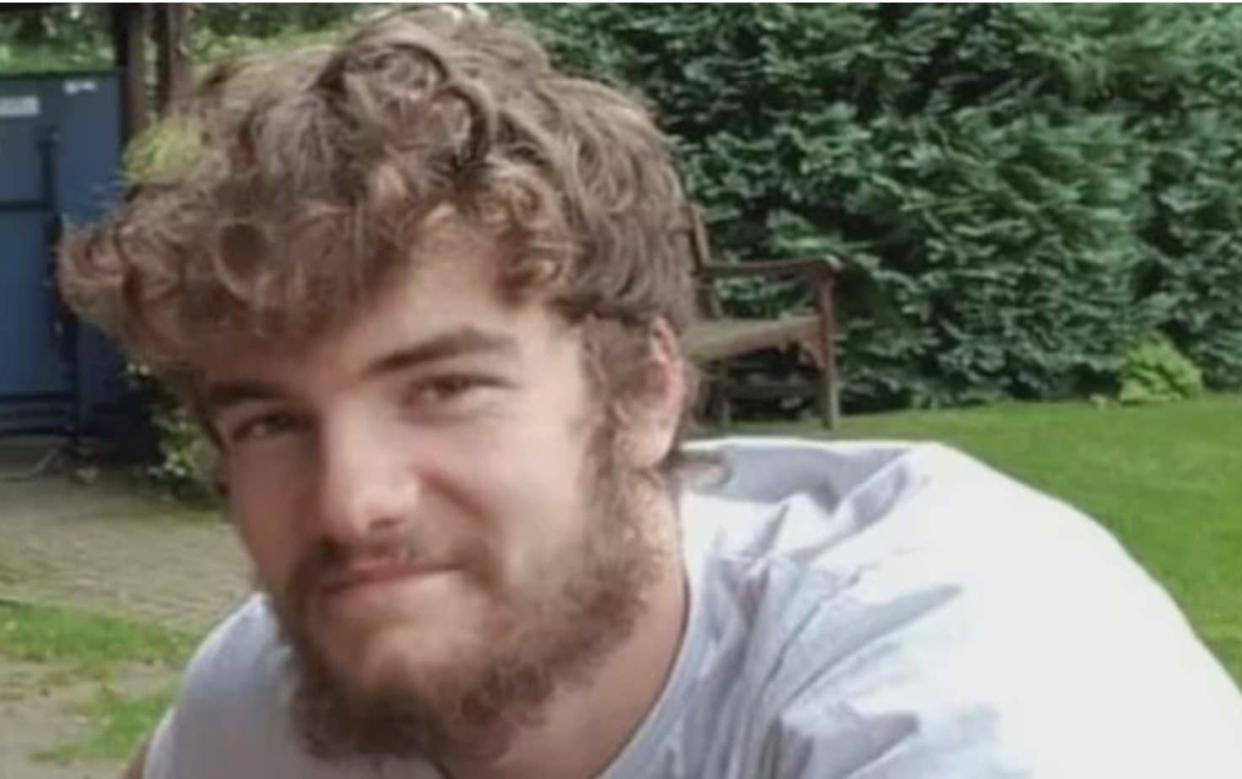Royal Marine recruit found dead on railway tracks was told he was ‘worst trainee’

An aspiring Royal Marine found dead on a railway track had been told he was the “worst recruit” by training staff, an inquest heard.
Connor Clark was only three weeks into the recruitment programme at the Commando Training Centre in Lympstone, Devon, when he died in June 2021.
The 18-year-old was described as “kind, generous and thoughtful” by his mother, who told the inquest he had wanted to be a Marine since he was 13.
‘I did tell him he was failing’
On Monday, the training Captain Mark Thrift, now a Major, told Exeter Coroner’s Court that he denied a claim made by Clark that he had been called a “failure” and the “worst recruit” before his death.
The court heard Clark, who was from Norwich but was born in New Zealand, said in a handwritten note that a captain and corporal had expressed this to him “implicitly and explicitly”.
Major Thrift denied the allegation but admitted: “I did tell him he was failing.”
The officer said he was not aware of a “hostile environment” at the training centre and he had told recruits that the Marines were a family and must look after each other.
He said if there was any bullying or behaviour it would have been brought to his attention.
‘Inexperienced but passionate instructors’
The coroner asked about the use of foul language and negative comments to recruits by training staff, to which Major Thrift replied: “It is something I am aware of.
“It does happen, inexperienced but passionate instructors who take it too far.”
He said he had removed one instructor from the scheme previously because he was too aggressive towards recruits.
Major Thrift said instructors could hand out punishments for backchat or not doing what they were told, which could include doing 50 press-ups in a 15-minute period.
Another instructor, Sgt Clinton Williams – who was a corporal at the time – said recruits were sworn at and shouted at during recruitment.
He said he was not aware that Clark had been singled out for punishments and said he never told the teenager that he was a “failure and worst recruit”.
He denied aggressively swearing and calling recruits useless and saying they should not be at the training base, but he admitted saying to some that “Royal Marine training was not for them”.
‘Hostile environment’
Philip Spinney, the senior Devon coroner, said former recruits would be giving evidence to the week-long inquest about the “hostile environment” at the camp, which included physical confrontations between rookies.
Major Thrift said Clark had failed an inspection in the days before his death and had also lost a £40 blank firing attachment.
However, he said that it was common for recruits to lose items and said there were no sanctions for that, despite Clark being worried about losing “shore leave”.
He told the inquest that on another occasion Clark came to his office with a cut on his arm and told him he had fallen and cut himself against a radiator.
The officer said the recruit seemed happy and there was no suggestion he had self-harmed.
Major Thrift said the Recruit Orientation Phase scheme, which Clark was on, was designed to help would-be commandos adjust from civilian life to military life.
He said there was a 42 per cent failure rate with 702 passing out of 1,207 trainees.
Major Thrift said recruits could not leave before 28 days and most left because they were injured or were homesick.
Clark’s mother, Tracy, said in a pen portrait that her youngest son was “kind, generous, thoughtful and selfless”, and had wanted to become a Royal Marine when he was just 13.
The inquest continues.


